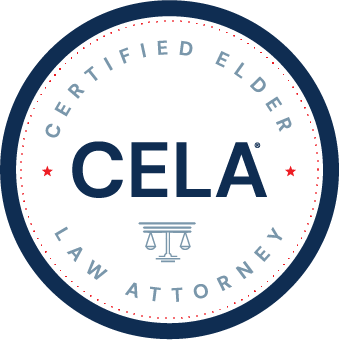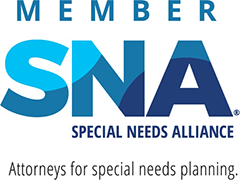When applying for Medicaid or other public benefits, it is crucial for the applicant to be well prepared and can understand the legal implications of all information to be supplied in support of the application. Also, when the state or county office fails to meet a deadline or erroneously renders a decision on an application, the applicant must be prepared to exercise his or her Constitutional and state statutory rights to appeal an adverse decision.
Following is a list of Medicaid application issues which should be addressed to avoid unnecessary delays and denials:
- Selecting a Program - Applicants for public benefits must determine which program to apply for. The choice of programs may depend on the applicant's living situation, physical condition, and financial status. Certain benefits programs are also specifically geared to victims of traumatic brain injuries or for children.
- Timeliness of Filing - Although families have the opportunity to expedite their Medicaid eligibility through asset protection planning under the guidance of an elder law attorney, it is extremely important that applicants do not apply for Medicaid prematurely. Strategies for Medicaid planning often include triggering a penalty period for Medicaid eligibility purposes. Filing an application during a period of ineligibility could potentially cause a significant delay in the applicant’s qualification for Medicaid.
- Authorization to Apply - In most cases, the applicant himself cannot file his own application. The law allows a relative, or a professional such as an attorney to apply on the applicant's behalf. Because the Medicaid eligibility laws and policies are rapidly changing, applicants are well advised to retain individuals with comprehensive knowledge of the Medicaid eligibility rules and all strategies that may be legally employed to expedite eligibility. The person processing the Medicaid application is not there to help you.
- Physical Criteria - Qualifying for Medicaid involves not only financial criteria, but also physical requirements. Therefore, an applicant must demonstrate that he or she is unable to perform the activities of daily living, including feeding, dressing, bathing, toileting and continence. If the applicant cannot show that the care is medically necessary, the Medicaid application will be denied.
- Substantiating the Data - The Medicaid application form is very long and complicated, and the answers to each question must be substantiated by detailed legal and financial documentation. These supporting documents include: social security cards, Medicare cards, health insurance cards, birth certificates, marriage certificates, life insurance policies, deeds, car registrations, household expense bills, funeral arrangement documents, pay or pension stubs, bank statements, including copies of canceled checks, a detailed disclosure of previous gifts and a listing of all recent medical bills, typically dating back three years prior to the time the Medicaid application is filed.
- Enforcing Your Rights - The Medicaid Technician will not tell you how to protect your property. The Medicaid Technician’s job is to review the application for completeness and to investigate all cases for fraud. You should not rely on the advice of the person processing the application. They are not there to help you. In addition, not all Medicaid Technicians know the law or correctly apply the law. A denial or delay in public benefits can be appealed through a fair hearing, before an administrative law judge.
Call (720) 200-4025 now or email us to find out how our Medicaid Planning attorneys can with your Medicaid Application.












